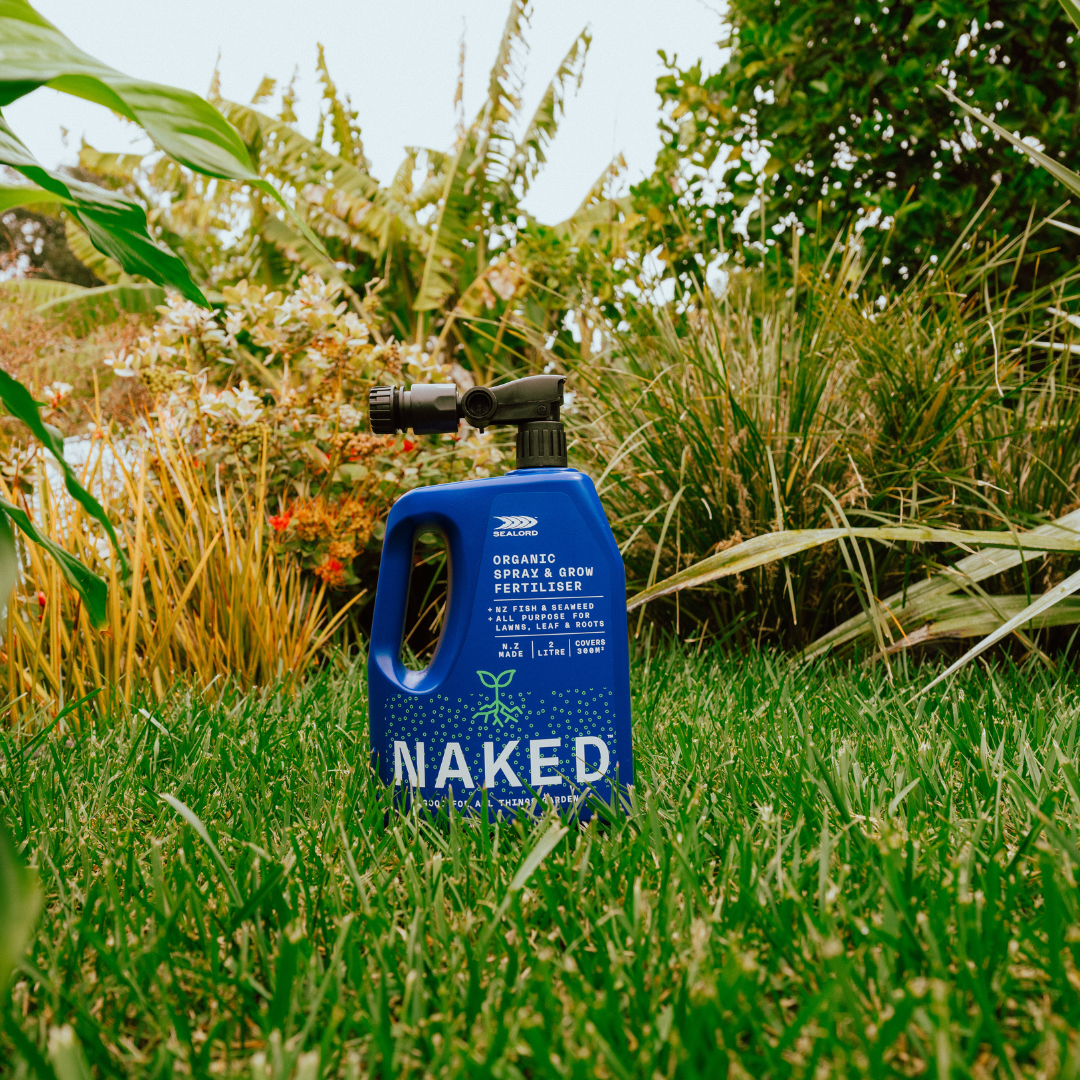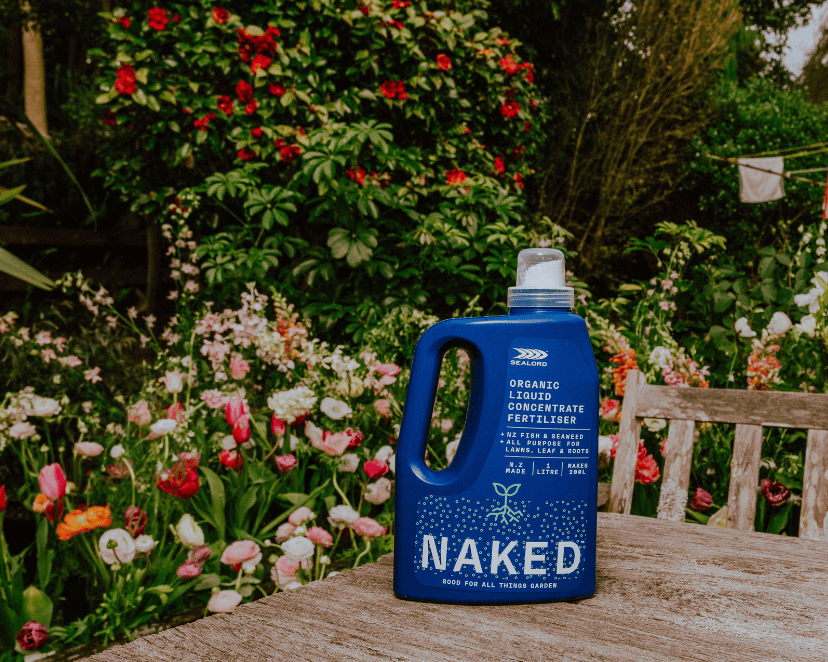Why Organic Trumps Synthetic in Modern Gardening

As our understanding of soil health and sustainable agriculture evolves, the choice between organic and synthetic fertilisers has become more crucial than ever. While synthetic fertilisers dominated 20th-century agriculture, mounting scientific evidence points to organic fertilisers as the superior choice for both soil health and environmental sustainability.
Understanding the Fundamental Differences
Synthetic Fertilisers
- Made through industrial processes
- Provide immediate nutrient availability
- Typically contain only primary nutrients (NPK)
- Water-soluble and prone to leaching
- Can build up salt concentrations in soil
Organic Fertilisers
- Derived from natural sources (plant, animal, mineral)
- Release nutrients gradually
- Contain macro and micronutrients
- Improve soil structure
- Support beneficial soil microorganisms
Science Behind Organic Superiority
- Soil Health and Structure
Recent research in the Journal of Soil Science (Rahman et al., 2023) found that organic fertilizer applications increased soil organic matter by 32% over three years, while synthetic fertilisers showed no improvement. Higher organic matter means:
- Better water retention
- Improved soil structure
- Enhanced root development
- Greater nutrient availability
- Microbial Activity
A groundbreaking study in Soil Biology & Biochemistry (Chen et al., 2022) revealed that organic fertilisers support up to 10 times more beneficial soil microorganisms than synthetic alternatives. These microorganisms:
- Break down nutrients for plant uptake
- Create natural disease resistance
- Improve soil structure
- Generate growth-promoting compounds
- Environmental Impact
Water Quality
Research published in Environmental Science & Technology (Martinez et al., 2023) showed that areas using synthetic fertilisers experienced:
- 68% more nitrogen runoff
- 47% more phosphorus leaching
- Increased risk of algal blooms in nearby water bodies
In contrast, organic fertilisers demonstrated:
- 85% better nutrient retention
- Minimal groundwater contamination
- Reduced impact on aquatic ecosystems
Carbon Footprint
According to the Journal of Cleaner Production (Thompson et al., 2023), organic fertilisers:
- Sequester 3-7 times more carbon than synthetic alternatives
- Reduce greenhouse gas emissions by up to 40%
- Help build long-term soil carbon reserves
The Long-Term Benefits of Going Organic
- Sustainable Soil Fertility
Unlike synthetic fertilisers that can degrade soil quality over time, organic fertilisers build lasting fertility:
- Improve soil structure year after year
- Enhance natural nutrient cycling
- Create self-sustaining soil ecosystems
- Reduce dependency on external inputs
- Plant Health and Resilience
Studies in the Journal of Agricultural Science (Wilson et al., 2023) demonstrate that plants grown with organic fertilisers show:
- 40% better drought resistance
- 35% higher pest resistance
- 28% better disease resistance
- Improved nutrient density in produce
- Economic Benefits
While organic fertilisers may have higher initial costs, research in Agricultural Economics (Davis et al., 2023) shows they offer better long-term value:
- Reduced irrigation needs (20-30% water savings)
- Lower pest control costs
- Improved crop yields over time
- Better produce quality and shelf life
Looking to the Future
As climate change and soil degradation become increasingly pressing concerns, the switch to organic fertilisers represents more than just a gardening choice – it's an investment in our planet's future. Research from the Sustainable Agriculture Institute (Lee et al., 2023) projects that widespread adoption of organic fertilisers could:
- Reduce agricultural water usage by 30%
- Increase soil carbon sequestration by 40%
- Improve global food security through better soil health
- Reduce fertilizer-related pollution by 60%
All in all, the evidence is clear: organic fertilisers offer superior benefits for soil health, environmental sustainability, and long-term agricultural success. While synthetic fertilisers may provide quick results, the long-term costs to soil health and environmental quality far outweigh any short-term benefits. As we move toward a more sustainable future, organic fertilisers stand out as the clear choice for responsible gardening and farming practices.
---
*About the article : While specific studies are cited, readers are encouraged to consult local agricultural extension services for region-specific recommendations.*


